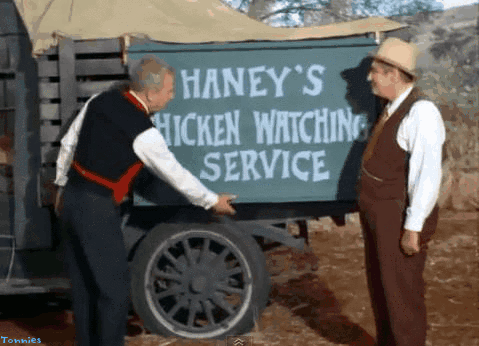http://www.slate.com/blogs/future_te...tmare_for.html
.................................................. .................................................. .................................................. ..........
http://www.wired.co.uk/news/archive/...atent-snooping
Microsoft files for living room-snooping patent
Technology
07 November 12 by
Olivia Solon
<figure style="width: 323px; position: absolute; margin: 0px; left: 582px; top: 664px;" class="imageBlob landscape pullToSide ssrPullToSide" data-asset-id="291905"> <figcaption class="image-caption"> Flickr.com/Cha già José </figcaption>
</figure> Microsoft has filed
a patent application for a Kinect-based system that could be used to monitor the number of people in a room watching a TV with a view to giving content creators accurate viewing figures and a pay-per-user-view model.
The system would use the
Kinect camera to check the number of viewers in any room and then prompt the consumer to purchase the appropriate license based on that number. This would mean that you would pay more, for example, for a family of six than if you were watching a piece of content on your own.
The patent filing explains that "delivering audiovisual entertainment has progressed from physical media to digital downloads...In delivering such media, content providers often seek compensation based on the number of times content can be presented on a particular system."
The technology solution that Microsoft has come up with would allow "content providers to regulate the presentation of content on a per-user-view basis. Content is distributed to consuming devices, such as televisions, set-top boxes and digital displays, with an associated license option on the number of individual consumers or viewers allowed to consume the content."
The limitation placed on the content might simply be a fixed number of users views, a number of user views over a certain time period, a number of simultaneous user views or views tide to user identities. This could even allow for age restriction -- i.e. if the Kinect recognises you as being under 18, it won't show 18 movies.
The terrifying thing about this patent is that it would grant copyright holders virtual access to private dwellings. The patent application suggests that the technology could be applied to head-mounted devices, large screens, computers and even mobile phones. While it might make sense to allow the likes of Sky to monitor whether people have bought home-use licenses for use in commercial spaces (something which Sky charges more highly for), it seems that the wording covers a much wider range applications. It would seem that three people crowded round an iPad would be just as susceptible as a pub full of people crowded round a TV to watch the football.
At the slightly less sinister end of the spectrum, the technology could also, presumably, be used by TV channels to generate accurate viewing figures.







 Reply With Quote
Reply With Quote




